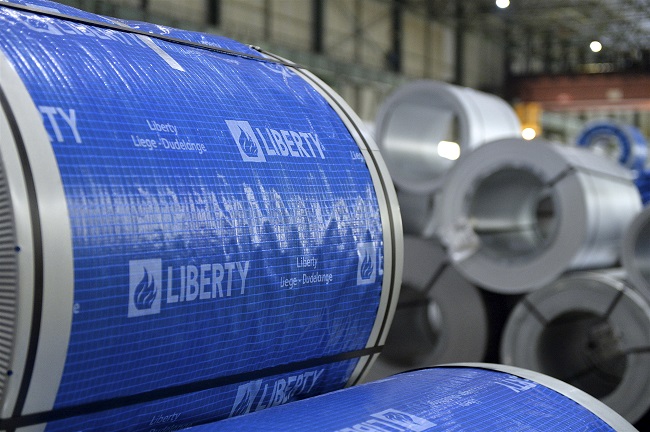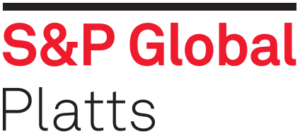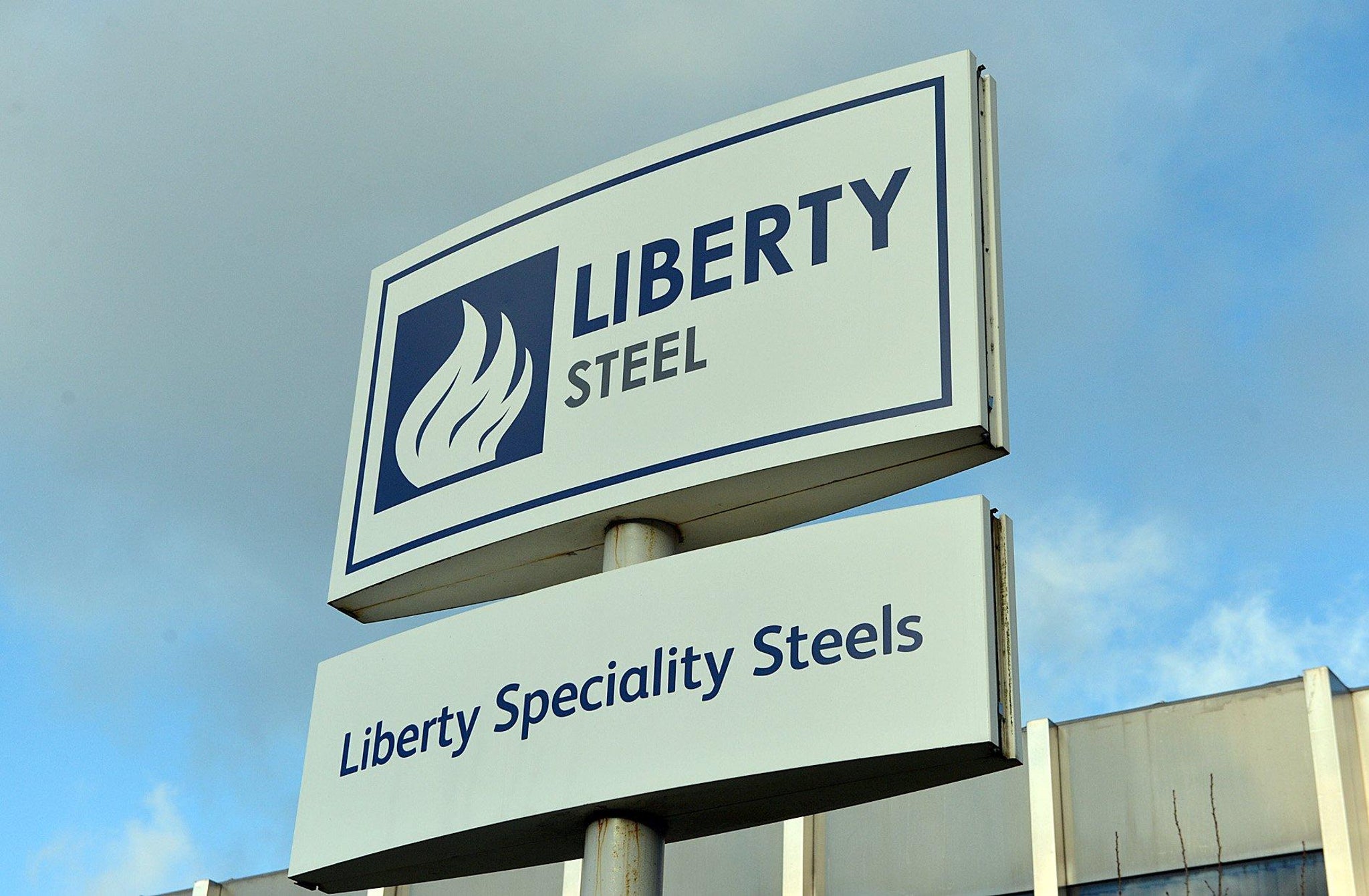
Liberty Steel hints at preparing Hungary’s Dunaferr for green transition after acquisition
“The iron and steel works [of Dunaferr] has been saved, but now needs to be repaired and prepared for a sustainable long-term future,” according to a letter from Liberty Steel’s European chairman Ajay Aggarwal and its chief investment officer Sandip Biswas.
Just over a month ago, UK-registered Liberty Steel won the tender for Dunaferr. However, the sale is not yet completed, as the European Commission has yet to approve the acquisition, making the liquidator exercise ownership rights and take strategic decisions.
A spokesperson for Liberty Steel declined to comment on the content.
The letter mentions the understanding between the liquidator and Dunaferr’s management in relation to the challenging European market conditions and specifically high levels of foreign steel imports into the EU, high energy prices, and additional costs in meeting EU carbon emission standards, and the necessity to pause steel production as these conditions persist.
The liquidator has therefore agreed to Liberty’s suggestion to temporarily and for an unspecified period stop steel smelting and take offline blast furnace No. 2 — the last operational of the two BFs at the plant — and reduce the operation of the coke plant to a technological minimum, according to the letter. However, the rolling mill continues to process slab stocks, the letter added.
Liberty Steel since the end of 2022, when Dunaferr was in a bad state amid its major facilities shut down, has worked closely with the liquidator, helping the restart of Dunaferr’s blast furnaces and coke ovens, in addition to steel production and rolling mills.
Previously, Liberty Steel informed the market of the green transition in the works for its other major Eastern European mill and Romania’s largest steelmaker Liberty Galati. Just over a year ago, Liberty said it was about to hold a tender to select a supplier of hybrid electric arc furnace technology needed to produce low-carbon steel at Galati, but this was never completed.


Liberty Steel to idle Dunaferr blast furnace
Liberty Steel is idling the remaining working blast furnace – no.2 – at Dunaferr because production costs are not economically feasible amid the current low steel prices, informed sources tell Kallanish.
The global steelmaking group acquired the insolvent Hungarian steelworks in an auction last month (see Kallanish passim).
In a letter to Dunaferr employees last week, management wrote: “The mill has been saved, but it should be put in order, to be prepared for a sustainable and green future to provide working places for those working at the mill. We are now working on the plan to switch to the production of GREENSTEEL, and as soon as approval from EU authorities is given, the work can begin.”
The letter also says Liberty will continue to pay the salaries of employees, while it develops retraining programmes, according to its legal obligations. The furnace shutdown is expected to last three months.
Liberty declined to comment.
BF2 was restarted in February after being idled last year amid Dunaferr’s well-publicised financial troubles.
According to reports last month following Liberty’s Dunaferr acquisition, investment exceeding $100 million will be required to regain the steelworks’ environmental protection permits necessary for operation.
In 2020, the last year for which Dunaferr published production data, it recorded crude steel production of 1.18 million tonnes, despite widely reported operational problems in the second half of the year. This was down 19% on-year. The firm’s BF1 remains idle since last summer.
Adam Smith Poland


